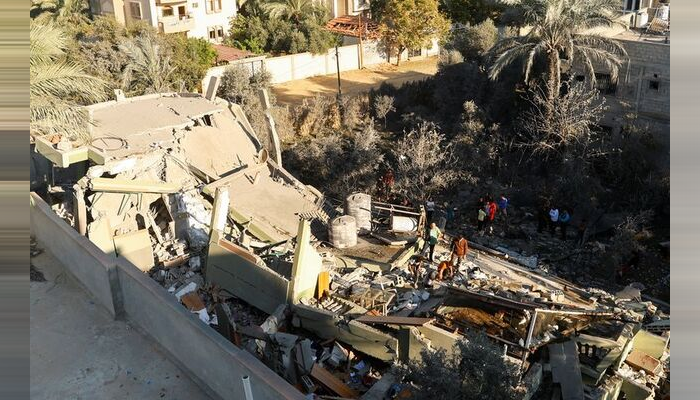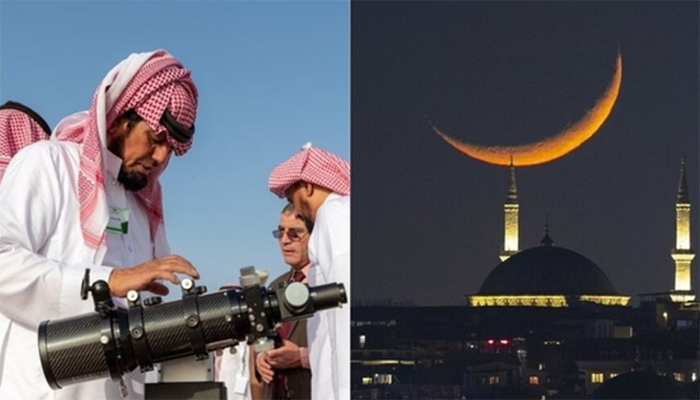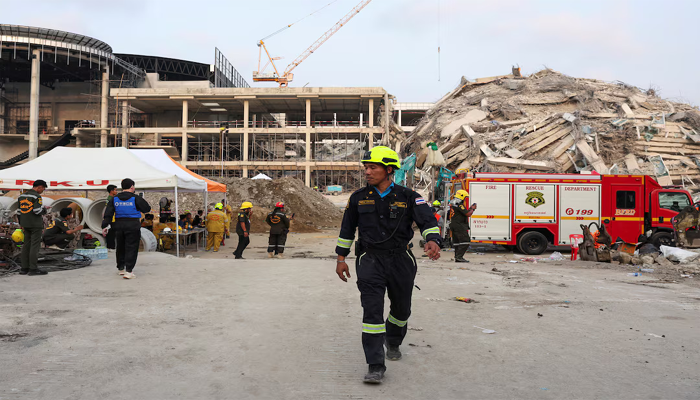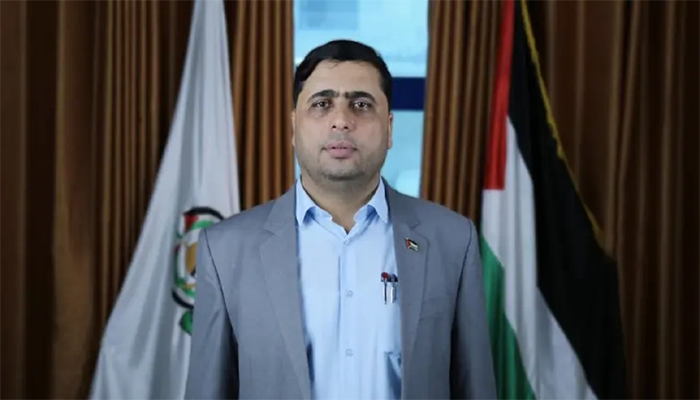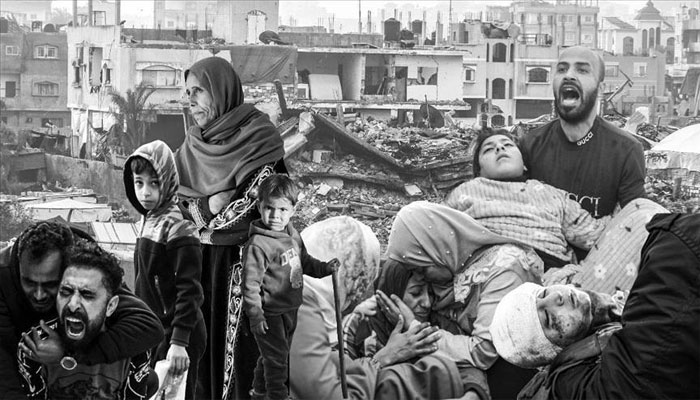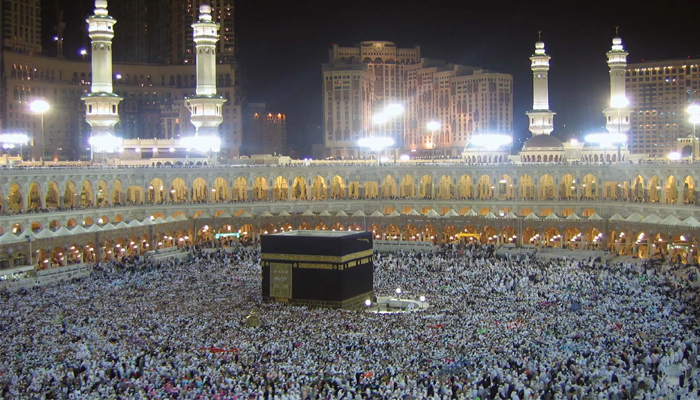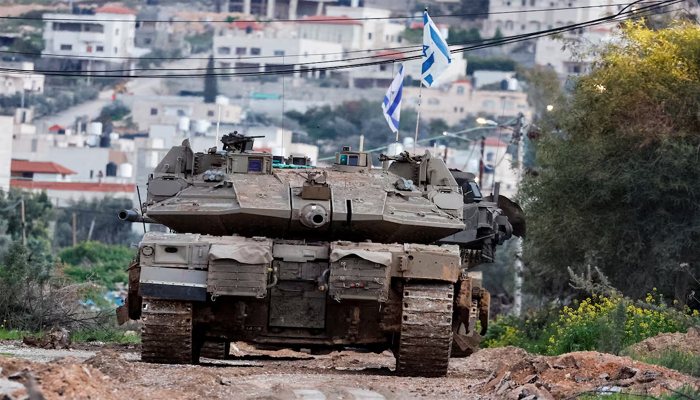Since May 7, Gaza has found itself entirely isolated from crucial aid supplies following Israel's seizure of the Rafah border crossing and the deployment of troops towards the southern city. This abrupt cutoff has plunged the region into a dire humanitarian crisis, exacerbating the already dire conditions in the war-battered enclave.
The ramifications of this move are stark, with vital resources such as fuel and water rapidly dwindling. UN officials have issued stark warnings that if aid services cannot resume promptly, the enclave could face a complete shutdown of essential services within days. Such a scenario would only deepen the desperation and suffering of Gaza's already vulnerable population.
The Rafah border crossing, the primary gateway for humanitarian aid and civilian movement in and out of Gaza, now lies under Israeli control. This seizure effectively blocks off the enclave from the outside world, severely restricting the flow of aid and supplies vital for sustaining life in the densely populated territory.
The timing of this blockade couldn't be worse for Gaza's residents, who have already endured years of conflict, economic hardship, and infrastructure destruction. With basic necessities running critically low and no immediate relief in sight, the situation on the ground grows increasingly dire by the hour.
International condemnation has been swift, with calls for Israel to restore access to humanitarian aid and ensure the well-being of Gaza's civilian population. However, as tensions remain high in the region, efforts to broker a resolution to the crisis have so far yielded little progress.
As the days pass without a reprieve, the people of Gaza are left to grapple with the harsh reality of life under siege, where even the most basic necessities are now in peril. The international community watches with growing concern as Gaza teeters on the brink of an unprecedented humanitarian catastrophe, with the fate of its residents hanging in the balance.

